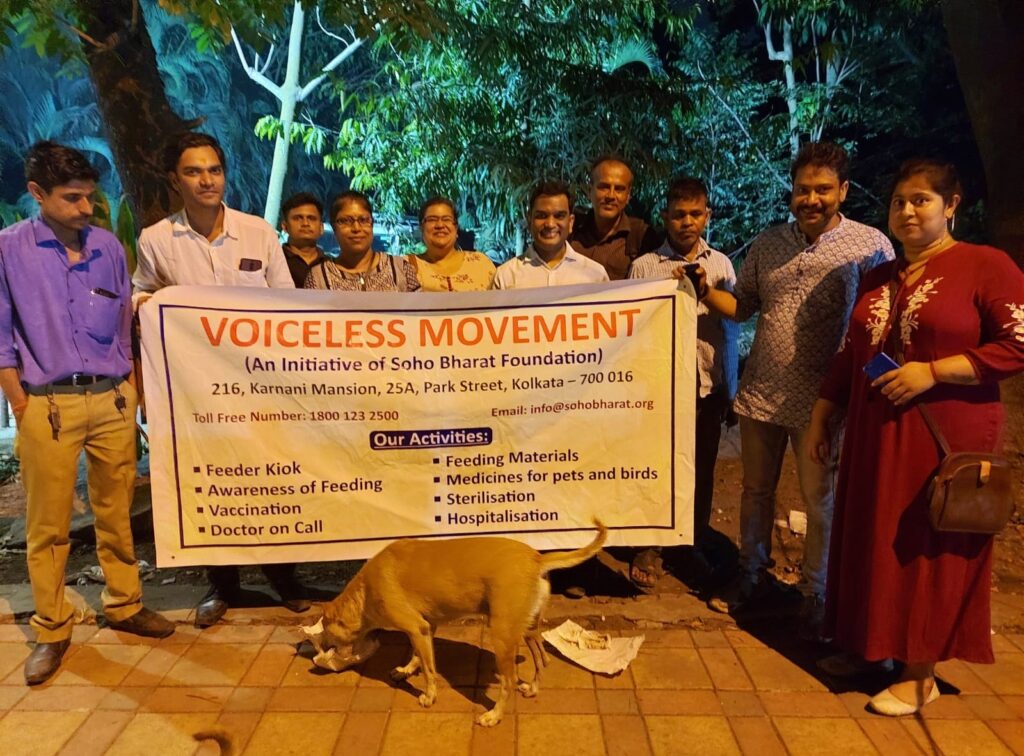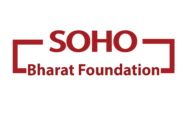Soho Bharat Foundation
Our Works
Voiceless Movement


Feeder kiosk

Medicines

Doctor on call

Feeding materials

Vaccination

Hospitalisation

Awareness for feeding

Awareness for feeding

Carcass lifting
Supporting Nature
Plantation

Celebrating the Green Legacy :
In the gentle embrace of nature, we embark on a timeless journey of renewal and growth through plantation. Each sapling we plant is a promise for a greener, more sustainable future. With every seed nestled in the soil, we contribute to the symphony of life, where trees stand as guardians of the environment, purifying the air we breathe and fostering biodiversity. Plantation is not just a task; it’s a celebration of our commitment to the Earth, leaving a legacy of green for generations yet to come.
Planting Hope in Every Seed:
In the quiet act of placing a seed into the earth, we sow the seeds of hope for a brighter tomorrow. Plantation is a powerful expression of optimism, a belief that every tree has the potential to transform landscapes and lives. As roots take hold and leaves unfurl, we witness the resilience of nature and the promise of a sustainable coexistence. Planting hope in every seed is an investment in a harmonious future, where the earth flourishes, and the spirit of growth continues to inspire generations.

Education Program
"Education is not preparation for life; education is life itself."
Education for the poor is a critical aspect of fostering inclusive development and breaking the cycle of poverty. Here are key considerations and strategies for ensuring access to education for economically disadvantaged individuals:

Universal Access: Advocate for and work towards ensuring universal access to education. Governments, NGOs, and communities should collaborate to eliminate barriers such as distance, gender discrimination, and economic constraints that prevent the poor from accessing education. Financial Assistance and Scholarships: Establish scholarship programs and financial assistance initiatives to support the education of economically disadvantaged students. This can include covering tuition fees, providing textbooks, and offering stipends for living expenses. Community-Based Education Programs: Implement community-based education programs that bring education closer to the homes of the poor. This may involve setting up informal schools, mobile classrooms, or adult education centers within communities. Education for the poor is not only a moral imperative but also a strategic investment in the social and economic progress of a nation. By ensuring that education is accessible, inclusive, and tailored to the needs of economically disadvantaged individuals, societies can work towards breaking the cycle of poverty and building a more equitable future.

Invest in the training and support of teachers working in economically disadvantaged areas. Well-trained and motivated teachers are essential for providing quality education and fostering a positive learning environment.

Women Hygiene Program
A Women Hygiene Program is a comprehensive initiative aimed at promoting and ensuring the health and well-being of women by addressing hygiene-related challenges they may face. Such programs typically encompass various aspects, including menstrual hygiene, reproductive health, and overall personal well-being. Here are key components and considerations for a Women Hygiene Program:
1. Menstrual Hygiene Education:
2. Distribution of Menstrual Products:
3. Health Workshops:
4. Personal Hygiene Practices:

